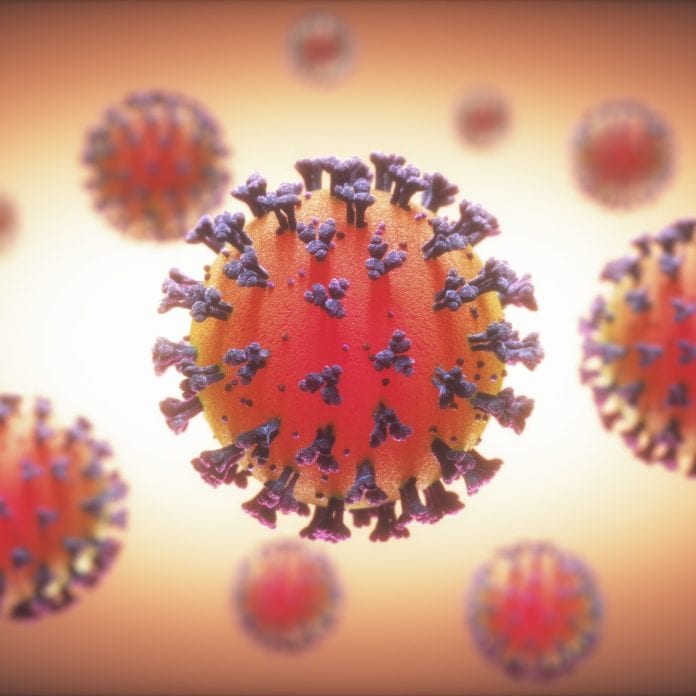Robots will be distributed to 20 hospitals that provide care for COVID-19 patients, said AIS exec
Recent numbers reveal that Thailand has reported a total of 2,369 COVID-19 cases and 30 fatalities since January, and while faring better than some, the country is still fighting back.
According to the Bangkok Post, as part of that fight, Thailand’s largest mobile operator Advanced Info Service (AIS) is combating the local outbreak in a number of ways, including installing 5G networks at hospitals and deploying telemedicine robots in an effort called “AIS 5G Battling COVID-19 for Thais.”
AIS Chief Executive Somchai Lertsutiwong said that since the carrier’s February launch, its 5G network has expanded to cover significant Bangkok districts and five major cities, and that the virus has not hindered that growth.
“Telecom traffic is a critical infrastructure, especially during the crisis,” he said. “The company recently boosted its network capacity by three times to cope with the data traffic demand driven by work from home measures promoted by the government and corporations.”
At this time, Lertsutiwong says AIS has already installed 5G network equipment at 20 hospitals treating coronavirus patients, and that an additional 110 hospitals in Bangkok, as well as eight more in major provinces, will receive next-gen services later this month.
Further, AIS is working to set up a robotics lab for the development of 5G telemedicine robots, according to Lertsutiwong. Output has been set at 21 robots that will be distributed to 20 hospitals that provide physical exams and treatment for COVID-19 patients, with the first batch of robots slotted for Rajavithi, Siriraj and Chulalongkorn hospitals.
Programmed to perform thermal scans and serve as a communication tool between doctors and patients via a video call, the robots should greatly reduce risk of infection by limiting human contact, as well as patient traffic inside hospitals.
AIS launched its 5G services in February using the 2600 MHz spectrum, making it the first operator in the country to do so. The operator also walked away from the Thai 5G spectrum auction, which raised $3.2 billion, with the most licenses: 23 across all three spectrum bands. The operator now has one license for the 700 MHz range, 10 for the 2600 MHz band and 12 for the 26 GHz band.

